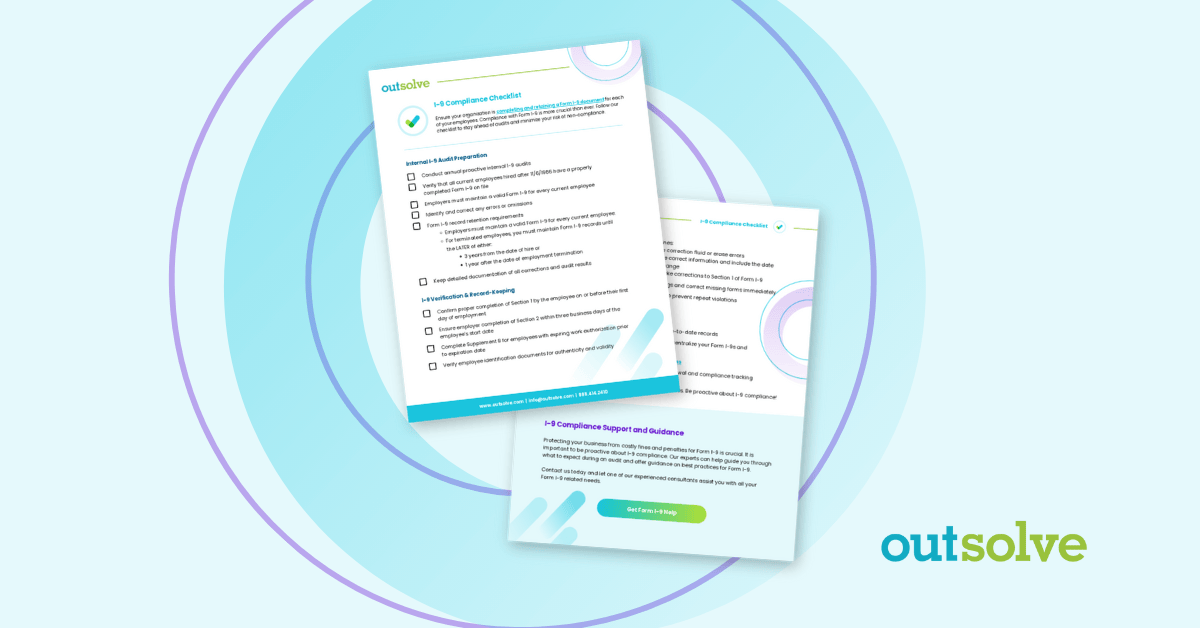Scheduling list adds new criteria for review selection
Remember the “blacklist”? The regulations proposed during the Clinton administration, and revived during Obama’s, that would have required Federal contractors to self-report violations of various labor laws, both Federal and State? While those regulations were not finalized, the OFCCP’s updated Supply and Service selection methodology includes this addition:
“The agency continues to focus its scheduling efforts on those contractors that may be more likely to violate OFCCP’s laws. To this end, OFCCP matched establishments against the Department of Labor’s publicly-available enforcement databases of the Occupational Safety and Health Administration (OSHA) and the Wage and Hour Division (WHD) to identify if any of these establishments had non-technical violations. These databases contain closed cases with violations for the last five fiscal years. The matched establishments were included in the scheduling list to assess if establishments with OSHA or WHD violations also have OFCCP violations.”
The import of this addition is not clear, considering that the 2019 selection methodology, in a nod to a criticism in a Government Accountability Office (GAO) Report (GAO-16-750), focused approximately one-third of that scheduling list on industries that OFCCP determined had the highest rates of discrimination findings (Agriculture, Manufacturing, and Wholesale Trade industries). The OFCCP has not indicated how establishments that might also have OSHA and/or WHD violations would be treated compared to those that do not.
Contractors selected for focused reviews in the 2019 scheduling list that have not been initiated should be aware that although focused reviews and compliance checks have been purged from the current list, the “OFCCP does not purge unscheduled cases from prior lists before releasing a new scheduling list.” There may be some focused reviews ahead.
Finally, the updated audit scheduling methodology includes reference to the both the 2020 Federal Register publication exempting TRICARE providers from OFCCP regulations, as well as Directive 2014-01, which established a five year moratorium on OFCCP audits of TRICARE providers. The updated methodology does not include reference to Directive 2018-02, which extended the five-year moratorium on TRICARE provider audits by two years. That Directive also included an exemption for contracts and subcontracts under Veterans Affairs Health Benefits Programs. The OFCCP’s failure to include Directive 2018-02 would suggest that the agency may no longer exempt VA contracts.
Founded in 1998, OutSolve has evolved into a premier compliance-driven HR advisory firm, leveraging deep expertise to simplify complex regulatory landscapes for businesses of all sizes. With a comprehensive suite of solutions encompassing HR compliance, workforce analytics, and risk mitigation consulting, OutSolve empowers organizations to navigate the intricate world of employment regulations with confidence.
Weekly OutLook
Featured Posts

5 Key Compliance Items HR Can’t Afford to Ignore

HR Compliance Checklist: What Every HR Pro Needs to Know
Related Posts

I-9 Audit Checklist: Don’t Risk an Audit
Employers continue to be held to a higher standard when it comes to Form I-9 compliance, especially due to increased immigration enforcement and...

outRageous HR: HR Plans vs. Reality: Why Execution Falls Apart (and How to Fix It)
We all know the feeling. In Q4, strategic planning is in full swing, and the roadmap for the upcoming year looks pristine. You have a solid...
.png)
Beat the Rush: Outsource Federal Reporting Requirements in Q1
The beginning of the year usually feels like a fresh start that brings new business initiatives, goals, and strategies. The work you do between...
.png)
